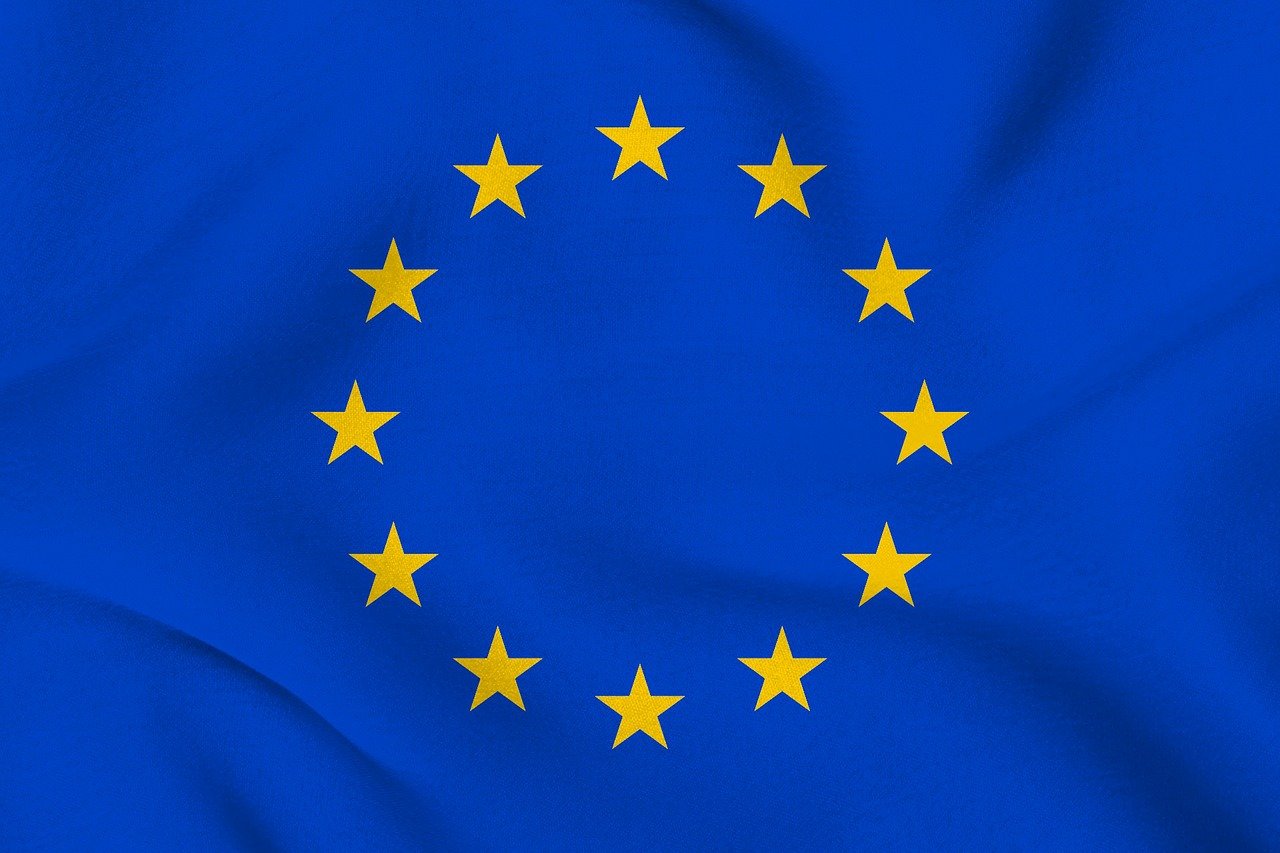EU Regulators Push for Stricter Capital Rules on Crypto-Holding Insurers
29.03.2025 16:00 1 min. read Alexander Stefanov
European regulators are pushing for stricter capital requirements on insurers holding cryptocurrencies, marking a significant shift in the EU’s approach to digital assets.
The European Insurance and Occupational Pensions Authority (Eiopa) has advised the European Commission to enforce a 100% capital requirement on all crypto-related holdings.
If adopted, this measure would substantially raise the cost of maintaining digital assets, discouraging insurers from exposure to the sector.
Currently, most EU insurers allocate capital equal to 60–80% of their crypto assets, but the proposed regulation would require full coverage.
Eiopa’s recommendation extends beyond Bitcoin and Ethereum, including stablecoins pegged to fiat currencies and tokenized assets linked to traditional investments such as stocks and bonds.
This marks an unprecedented level of capital restrictions for insurers dealing with any asset class.
Despite the firm stance, the immediate impact on the industry is expected to be minimal. By the end of 2023, European insurers collectively held around €655 million in crypto assets—less than 0.01% of the region’s total €9.6 trillion in assets.
A significant portion of this exposure was concentrated in Luxembourg, likely through investment funds rather than direct holdings.
-
1
U.S. Senate Advances Stablecoin Bill After Bipartisan Breakthrough
21.05.2025 18:00 1 min. read -
2
Pakistan to Launch National Crypto Authority for Digital Asset Oversight
23.05.2025 13:00 2 min. read -
3
Florida Pushes for Zero State Tax on Crypto and Stock Gains
26.05.2025 21:00 1 min. read -
4
U.S. Lawmakers Push Forward with Crypto Regulatory Reform
31.05.2025 15:00 1 min. read -
5
SEC Is Backing Away from Memecoin Regulation – Here’s Why
01.06.2025 15:00 2 min. read
Russia Hits Pause on Expanding Crypto Mining Restrictions
In a surprising shift, Russia has shelved plans to widen its crackdown on crypto mining, choosing economic stability over stricter energy controls.
FCA Considers Opening Crypto ETNs to UK Retail Investors
Retail investors in the UK may soon gain access to crypto exchange-traded notes (ETNs), as the Financial Conduct Authority weighs reversing a three-year ban.
Crypto Bill Sparks Uproar Over Trump Ties and Regulatory Conflicts
A recent congressional hearing meant to advance digital asset regulation instead erupted into political controversy, as lawmakers questioned whether former President Donald Trump could personally benefit from the proposed CLARITY Act.
South Korea Elects Pro-Crypto Leadership, Paving Way for Digital Asset Reforms
South Korea’s presidential race ended with a decisive win for Lee Jae Myung, who secured 49.42% of the vote on June 4, 2025.
-
1
U.S. Senate Advances Stablecoin Bill After Bipartisan Breakthrough
21.05.2025 18:00 1 min. read -
2
Pakistan to Launch National Crypto Authority for Digital Asset Oversight
23.05.2025 13:00 2 min. read -
3
Florida Pushes for Zero State Tax on Crypto and Stock Gains
26.05.2025 21:00 1 min. read -
4
U.S. Lawmakers Push Forward with Crypto Regulatory Reform
31.05.2025 15:00 1 min. read -
5
SEC Is Backing Away from Memecoin Regulation – Here’s Why
01.06.2025 15:00 2 min. read


